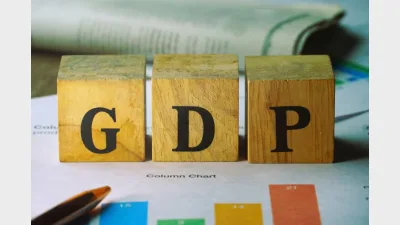ASIC points to adviser banning actions



The Australian Securities and Investments Commission (ASIC) has confirmed its intention of using additional Government funding to accelerate action in the financial advice space, including banning actions.
Responding to questions during a hearing of the Joint Parliamentary Committee on Corporations and Financial Services earlier this month, ASIC chairman James Shipton defended the use of enforceable undertakings but signalled this did not preclude the use of bannings in the financial advice space.
“… it's the combination of different tools and responses that will achieve a behavioural change, which is essentially what we're looking for in the financial advice space,” he said.
“There are a number of different initiatives taking place right now, including the important enforcement work which Ms Macaulay and others are undertaking.
“We have additional funding, as has been mentioned earlier. Part of that additional funding will include work to accelerate the enforcement actions, including banning actions, in the financial advice space,” Shipton said. “Also, which is important, we will be embarking upon extra supervisory work in the financial advice space.”
“We are looking at the continued existence of conflicts of interest in the financial advice space. That particular response needs to be seen in the broader context, which is the utilisation of different tools at different times to achieve behavioural change,” he said.
Recommended for you
Superannuation industry bodies have warned the prudential regulator that some of the more rigid proposals in its Governa...
IFM has firmly opposed any push for publicly disclosing current valuations of private market assets, saying it would “damage the financial interests of investors” and reduce appetite for infrastructure and private business investment.
Subdued GDP figures have bolstered expectations that the RBA could cut rates sooner and, possibly more aggressively, market watchers say.
Australian institutional investors plan to keep their finger on the pulse of private markets, new data has shown, with local investors aiming to further expand allocations into the sector.









